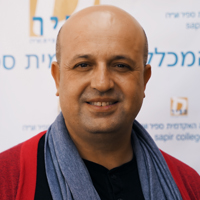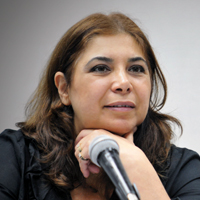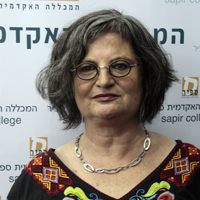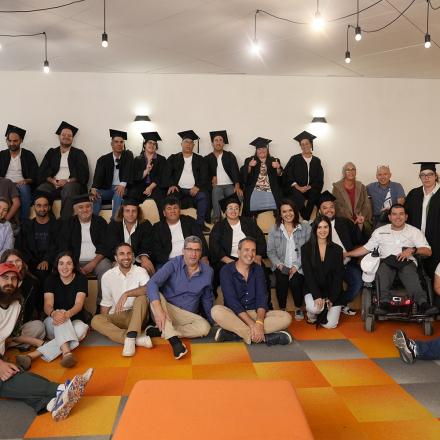More than just schools, Israel’s regional colleges are part of an ambitious effort to change society itself. Located in the country’s geographic periphery, institutions like Sapir were deliberately set up to promote social mobility, making higher education accessible to people from underserved communities and excluded social groups. Is it working? A new book by three of Sapir’s leading educators paints a complex picture. Diversifying the Ivory Tower, edited by Drs. Motti Gigi, Sigal Nagar Ron and Tami Razi has started to address this issue. The book has received extensive coverage in the Israeli media, including a recent article in the Haaretz newspaper’s Weekend Magazine.
Diversifying the Ivory Tower, gives a voice to first-generation graduates of higher education, many of them children of immigrants from North Africa and the Middle East. In Israel’s first decades of independence, Mizrachi Jews faced not only poverty and educational disadvantages but structural inequities as well, with levers of policy and power squarely in the hands of the country’s European-born social elite. It’s a legacy that continues to shape power relations to this day. Less than 9% of senior academic positions at Israeli universities are currently held by Mizrachim, and only 1% by Mizrachi women. Even graduates of regional colleges struggle to break the glass ceiling of academic leadership. The book’s 44 essays bring to life the story of this country’s first-generation academics, describing both Israel’s quest for social mobility and the authors’ personal struggles with ethnicity and identity.

|

|

|
More News
Empowering the Future

